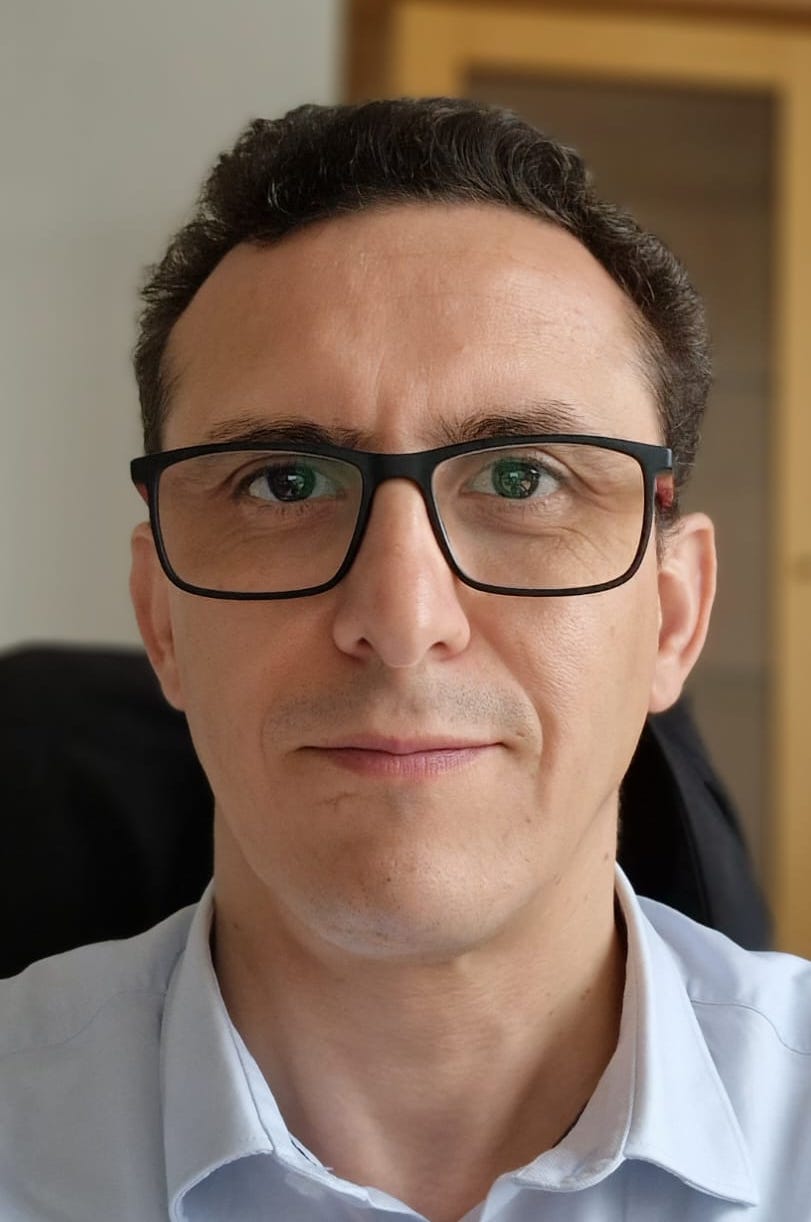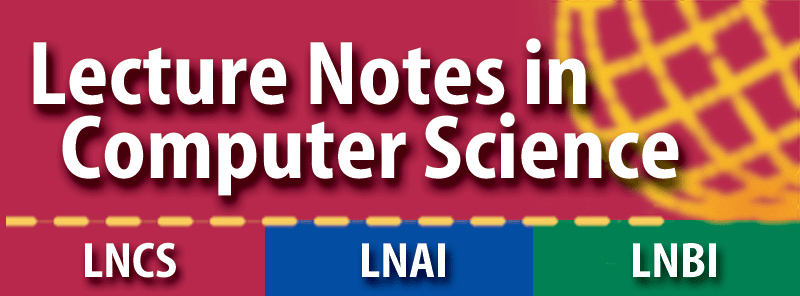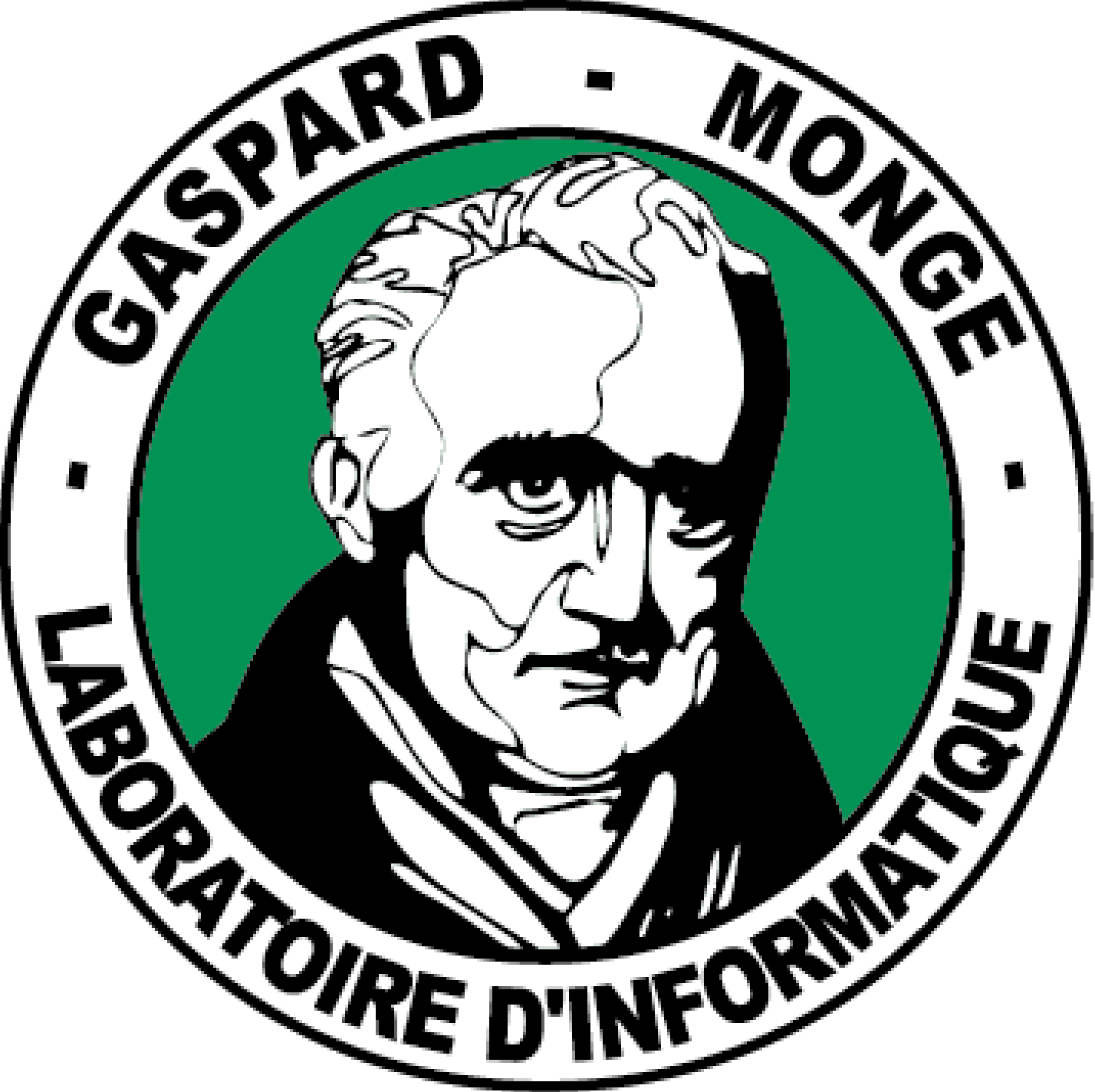
6th International Conference on Machine Learning for Networking (MLN'2023)
Keynote: Ahcene Bounceur, Associate Professor, KFUPM University, Dhahran, Saudi Arabia
Title: Building Digital Twins for Smart-cities and Intelligent Infrastructures
Abstract
This presentation introduces an innovative model integrated into CupCarbon for IoT digital twin design, explicitly designed for applications in smart cities, industry, and secured infrastructure. It enables the execution of heterogeneous programs for virtual and real IoT nodes, facilitating real-time communication, visualization, and debugging with the simulator. Through the MQTT protocol, it enables seamless control and data exchange between virtual and real-world IoT nodes, significantly enhancing the fidelity of IoT system simulations. A live demo featuring a basic switch and LED circuit digital twin showcases the model's capabilities, providing a preview into the future of IoT design and simulation in these critical domains. The primary goal in developing such a Digital Twin is to establish a platform for developing and validating algorithms that enable the deployment of intelligent systems capable of making key decisions during critical situations, including accident prevention across various domains such as work, natural disasters, and chemical incidents.

Biography
Ahcene Bounceur is an Associate Professor at KFUPM University (Department of Information and Computer Science) and high-ranked associate professor of Computer Science and qualified for professorship at the University of Brest (UBO). He is a member Interdisciplinary Research Center for Intelligent Secure Systems and the Lab-STICC Laboratory. In 2021, he was nominated by the ministry as a member of the National Council of Universities (CNU) section Computer Science. His current research activities are focused on Digital Twin tools for cybersecurity of smart critical infrastructures, Data Science, WSN and Pseudo-polygons. He received the Habilitation to Lead Research degree (HDR, State PhD) in Computer Science in 2014, the Ph.D. in Micro and Nano electronics at Grenoble INP, France, in 2007, the M.Sc. degree from ENSIMAG, Grenoble, France in 2003. He obtained the 3rd place of the Annual IEEE Test Technology Technical Council (TTTC-IEEE) Doctoral Thesis Contest, VLSI Test Symposium, Berkeley, USA, May 2007. He was the coordinator of the project PERSEPTEUR and the partner of the project Suidia, a patented IoT-based digital health project. Until now, he published more than 200 articles and invited many times as a keynote speaker. He is the main developer of the simulator CupCarbon.






